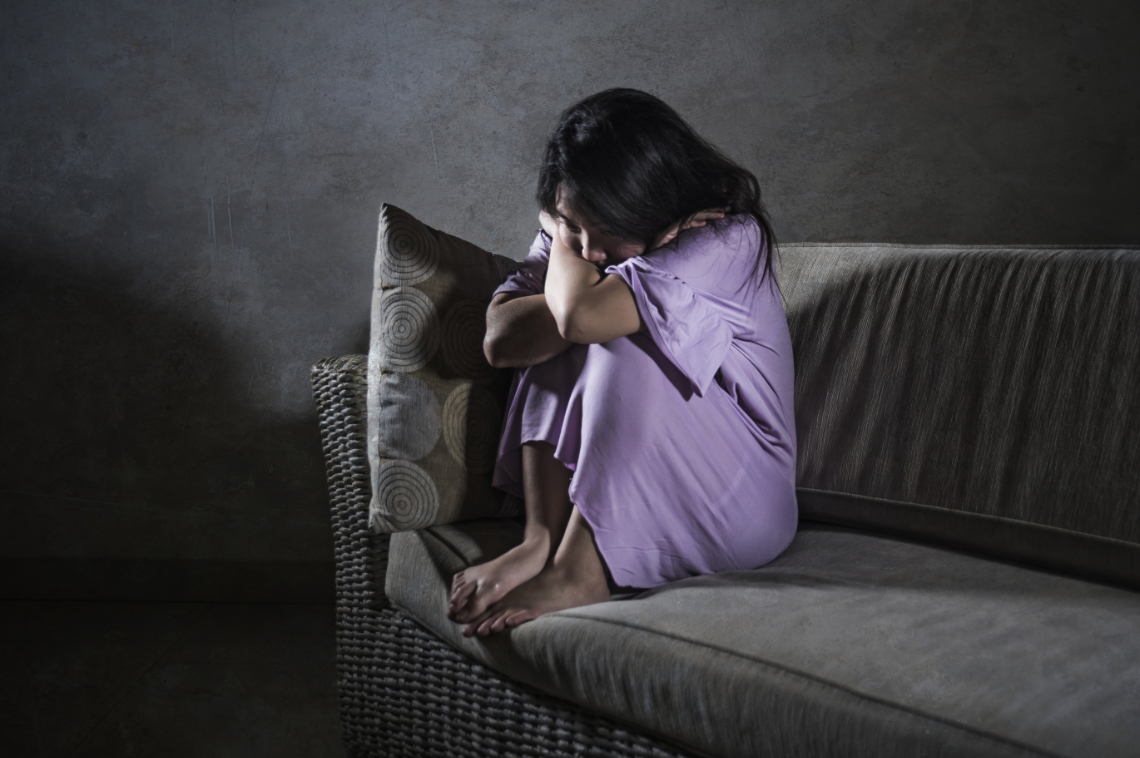Nursing Your Mental Health: A Resource Guide to Anxiety and Depression
Depression and anxiety are two conditions that affect a large part of the population. One survey by the Substance Abuse and Mental Health Services Administration (SAMHSA) showed that 8.4 percent of adults had at least one major depressive episode in 2020. But a survey only represents a portion of the population, and mental health issues are often underreported, so the true percentage could be much higher than that. Unfortunately, there is still a lot of confusion associated with both depression and anxiety. To safely help oneself or others who may suffer from either condition, it is important that people have a better understanding of what they are and how they are managed.
What is Depression?
Depression is a sense of overwhelming sadness or hopelessness that alters how a person thinks, feels, and interacts with life. It is a disorder in which a person may feel an unshakable sense of despair and helplessness. A person with depression may experience symptoms that range from mild to severe. These symptoms may include the inability to eat or sleep, a loss of energy, difficulty concentrating, self-loathing, and recklessness. It can become so bad that one may attempt to end their life.
What Causes Depression?

Many potential factors can cause depression. A family history of depression can increase one's susceptibility to the condition. Hormonal changes can also be a contributing factor. And reduced activity from the chemicals that allow nerve cells in the brain to communicate, called neurotransmitters, may cause some people to develop the symptoms of depression. Psychological causes may include a loss from tragedy or another type of loss, such as losing a close friendship. A strong sense of failure may trigger depression, particularly for people who are high achievers or whose happiness depends heavily on a specific success. This could be a failure in a business venture, finding the right romantic partner, or academics. Substance abuse, either drugs or alcohol, can also contribute to depression.
Help and Treatment Options for Depression
There are several ways that people can receive help and treatment for depression. The most important is that if a person is experiencing thoughts of self-harm or suicide, they should contact a helpline right away. Helplines are staffed with people trained to provide emotional support and guidance.
Following a diagnosis with depression, treatment may include medication, therapy, or a combination of both. When treating a patient with medications, doctors often use antidepressants. There are a variety of different such medications, which can have different side effects and interactions as well as varying levels of effectiveness from one person to the next. Sometimes, doctors may treat a patient with more than one antidepressant.
Therapy may involve one-on-one sessions with a therapist or with the individual and their family or spouse. While there are different types of psychotherapy, cognitive behavioral therapy (CBT) is most commonly used in the treatment of depression. The goal of CBT is to help people recognize harmful, negative thought patterns and teach them how to respond with thoughts that are more positive.
What is Anxiety?
Anxiety is a natural feeling that everyone, regardless of age, experiences at various times in life. It is a feeling of fear, worry, or panic that normally happens when a person is in a scary or concerning situation, like speaking in front of a crowd or interviewing for a job. Under normal circumstances, the sense of anxiety has a clear cause and goes away when a person calms down. It becomes problematic, however, when anxiety is ongoing and hinders one's ability to function and enjoy life. When it is long-lasting and irrational, it may be a disorder. Anxiety disorders include social anxiety disorder, panic disorder, phobias, separation anxiety, generalized anxiety disorder (GAD), and post-traumatic stress disorder.
What Causes Anxiety?

Several factors may cause people to experience anxiety or develop an anxiety disorder. These include stress over a serious health condition, misuse of drugs or alcohol, stress from life situations (such as work or financial stress), current or past trauma, and other mental health disorders, such as depression. For some people, such as people who are shy, their personality makes them more prone to anxiety. Others may have family members who have problems with anxiety.
Hidden medical conditions may also be a trigger. Conditions that may cause anxiety include diabetes, thyroid problems, heart disease, irritable bowel syndrome (IBS), and brain tumors that trigger the body's fight-or-flight response.
Health and Treatment Options for Anxiety
People living with anxiety are primarily treated with psychotherapy, medication, or a combination of both. Anti-anxiety medications include benzodiazepines, which can lessen anxiety. Beta-blockers, which are usually used to treat high blood pressure, are sometimes prescribed to treat the physical symptoms associated with anxiety. Selective serotonin reuptake inhibitors (SSRIs), a type of antidepressant, may also be a treatment option, although these medications can take up to six weeks to work.
As with depression, psychotherapy may be used to treat anxiety, either with medication or on its own. The goal of therapy for anxiety is to help the individual understand why they are experiencing it and to identify its triggers, then teach the patient how to react differently. The most common forms of therapy for anxiety are CBT and exposure therapy.
Some people who have anxiety also turn to holistic methods along with traditional treatments. Holistic therapies include mind-body techniques such as meditation, hypnosis, relaxation training, and yoga. Petting and playing with domestic animals, such as dogs or cats, is also a popular way of reducing anxiety, stress, and even depression. Other holistic therapies include aromatherapy and music therapy.






